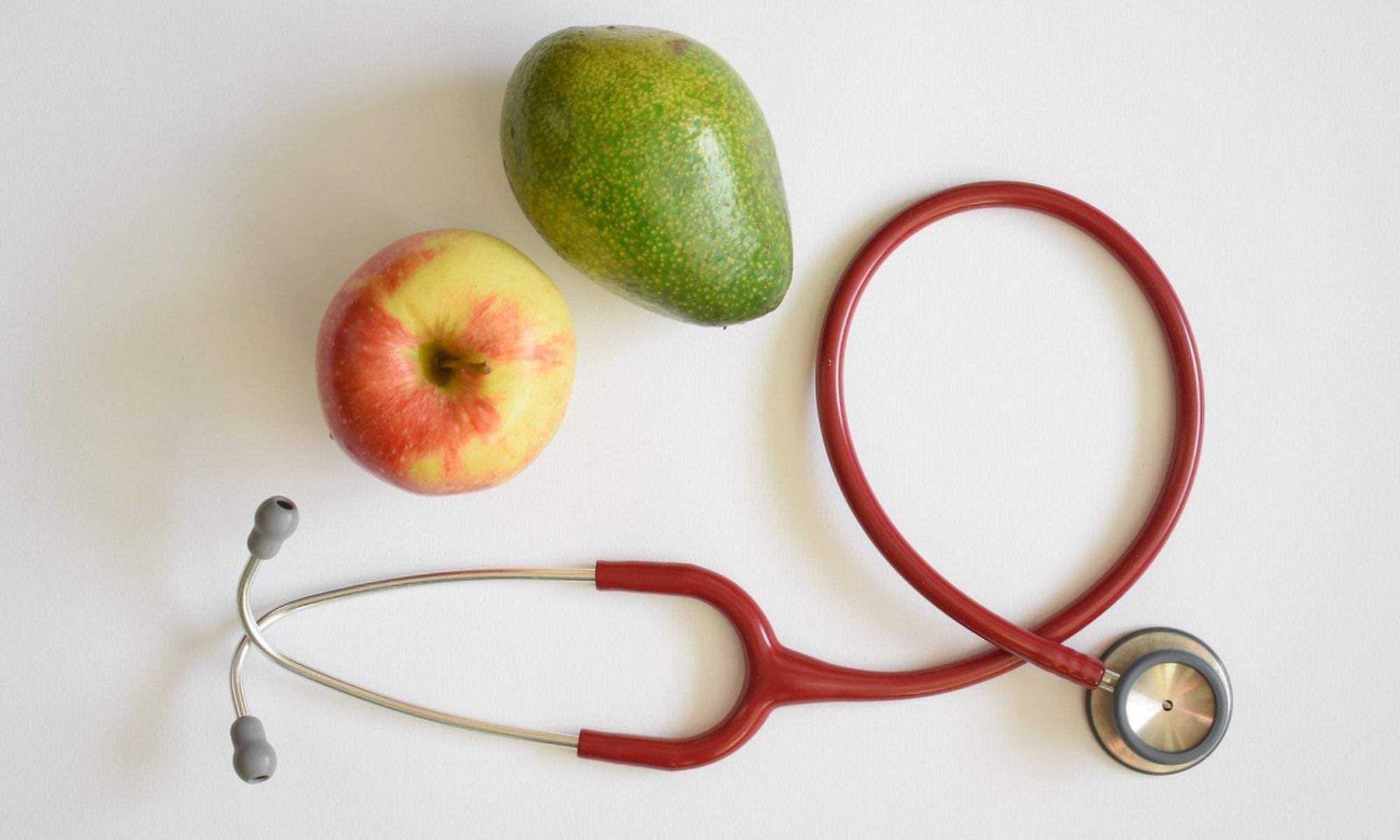El colesterol tiene muy mala fama. La creencia común es que los alimentos con alto contenido de colesterol son malos para la salud y comprometen la salud del corazón. La mayoría de las personas tienden a evitar estos alimentos porque se supone que harán que los niveles de colesterol se disparen, lo que a su vez aumenta el riesgo de sufrir enfermedades cardíacas. Sin embargo, la mayoría de las personas desconocen la importancia del colesterol. De hecho, desempeña un papel fundamental en el mantenimiento de una buena salud.
Más hallazgos sugieren que la relación entre el colesterol de la dieta y la salud cardíaca es un poco más compleja de lo que pensábamos. Según estos hallazgos, el vínculo entre la dieta y el colesterol sigue existiendo. Sin embargo, cuando se trata de enfermedades cardíacas, el azúcar es el verdadero culpable.
¡Veamos con más detalle por qué el colesterol es bueno para usted!
¿Qué es el colesterol?
El colesterol proviene de dos fuentes principales: el colesterol que producimos de forma natural en el hígado y el colesterol que también proviene de los alimentos que consumimos. El colesterol que se absorbe a través de la dieta se conoce como colesterol dietético.
El colesterol es una sustancia amarilla y cerosa que circula por el cuerpo a través del torrente sanguíneo. Cuando la gente se refiere al colesterol, generalmente se lo clasifica como LDL o HDL. Tanto el LDL como el HDL son lipoproteínas, que son un compuesto de proteínas y grasas.
¿El colesterol causa enfermedades cardíacas?
Cuando hay demasiadas LDL en el torrente sanguíneo, se acumula placa en las arterias, lo que provoca que estas se endurezcan y se estrechen. Esta acumulación de placa se presenta en forma de depósitos grasos que se acumulan en las paredes de las arterias. Está formada por productos de desecho celulares, sustancias grasas, colesterol, calcio y fibrina.
La acumulación de placa hace que el paso de las arterias se estreche y se restrinja el flujo sanguíneo. Esta afección, llamada aterosclerosis , es peligrosa porque reduce el suministro de sangre oxigenada que llega a los órganos y tejidos, lo cual es necesario para que el cuerpo funcione correctamente.
Otro problema que surge de la acumulación de placa es la presencia de coágulos de sangre en el torrente sanguíneo. Estos pueden desprenderse fácilmente y bloquear el flujo sanguíneo, lo que provoca un derrame cerebral o un ataque cardíaco.
La relación entre el consumo de azúcar y las enfermedades cardíacas
Dicho esto, la relación entre el colesterol y las enfermedades cardíacas es mucho más compleja. Para reducir el riesgo de enfermedades cardiovasculares, es absolutamente esencial reducir el consumo de azúcar.
Según WebMD , deberíamos preocuparnos más por la cantidad de azúcar que consumimos, en lugar de evitar los alimentos con alto contenido de colesterol. Cuando se trata de reducir el riesgo de sufrir enfermedades cardíacas, el problema no es el colesterol que proviene de nuestra dieta, sino que el enfoque debe estar en reducir los alimentos que provocan que el cuerpo produzca colesterol.
El nivel de azúcar en sangre aumenta cuando se ingieren carbohidratos. Esto sucede porque los carbohidratos se absorben como azúcar y el cuerpo libera insulina para ayudar al organismo a almacenar este azúcar. Sin embargo, este proceso hará que el cuerpo entre en modo de almacenamiento.
Existe una correlación directa entre el nivel de insulina y los niveles de LDL y HDL. Cuando el nivel de insulina aumenta, el nivel de LDL aumenta y el nivel de HDL disminuye. Esto se debe a que la forma de almacenamiento del colesterol es LDL y la forma de no almacenamiento es HDL.
¿Por qué es importante el colesterol?
Como se mencionó anteriormente, el cuerpo necesita colesterol para mantener una buena salud. Según Natural News , el colesterol es esencial para proteger el cuerpo contra las enfermedades cardíacas y el cáncer.
Razones por las que tu cuerpo necesita colesterol:
- El colesterol da estructura a tus células.
- Actúa como antioxidante, ayudando a proteger contra el daño de los radicales libres.
- ¡El cerebro necesita colesterol! Los receptores de serotonina del cerebro necesitan colesterol para funcionar correctamente
- El colesterol ayuda a curar los daños en las arterias.
También se ha sugerido que el colesterol dañado provoca la acumulación de placa en las arterias. El colesterol se daña a través de la exposición al calor y al oxígeno. Por ejemplo, esto sucede cuando se fríe carne (se cocina a altas temperaturas).
Cómo comprobar los niveles de colesterol
¿Cómo saber si sus niveles de colesterol son altos? Debido a que no existen síntomas que indiquen niveles altos de colesterol, es sumamente importante controlar sus niveles de colesterol con regularidad. La única forma de hacerlo es mediante un análisis de sangre.
¡Una dieta saludable y ejercicio regular ayudan mucho!
¿La principal conclusión? Trate de reducir el consumo de azúcar. Además de la relación entre el azúcar y los niveles de colesterol, el consumo elevado de azúcar también está vinculado con la inflamación, el cáncer, la diabetes, la obesidad, las enfermedades cardíacas y muchas otras enfermedades graves.
En definitiva, la relación entre la dieta y la salud es innegable. La clave es prestar más atención a lo que se come y asegurarse de hacer ejercicio con regularidad. Recuerde siempre que los problemas de salud graves no aparecen de la noche a la mañana.
Muchos problemas de salud importantes se pueden prevenir. Comprometerse a tomar mejores decisiones en cuanto a estilo de vida es la forma más fácil de tomar el control de su salud. Si se asegura de beber suficiente agua, incorporar más alimentos de origen vegetal a su dieta y hacer ejercicio con regularidad, su calidad de vida mejorará enormemente.






